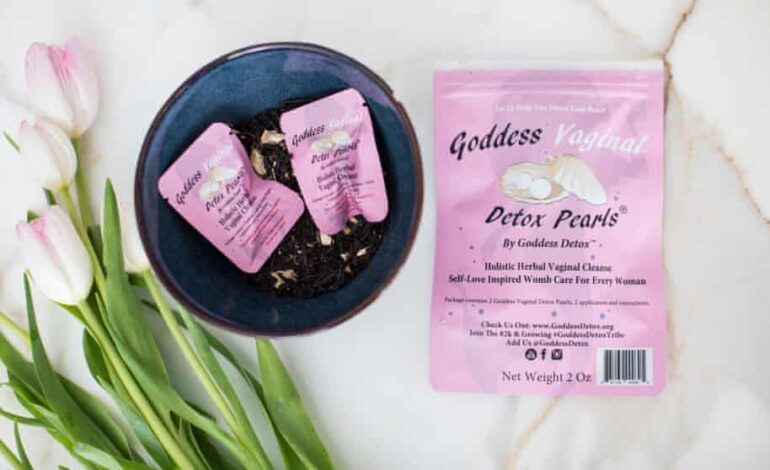
Faith Nyasuguta
A recent investigation shows that Meta, YouTube and Google are profiting from posts promoting harmful and useless health products to women in Kenya.
According to researchers from the media collective Fumbua, the big tech firms are amplifying content that promises unproven cures for infertility and herbs that can stave off cancers on their networks.
They report finding Facebook pages selling yoni pearls – mesh-wrapped herb balls – to be inserted in the vagina to “cleanse” the uterus and protect women from cervical cancer. Steaming, which involves sitting over a bowl of boiling water, was promoted as a treatment for endometriosis.
“Facebook’s own algorithms are often amplifying this content, and are letting ads for detox remedies target Kenyan users,” said the report, which points out there is no scientific evidence to support any of the supposed health benefits.
“Google and YouTube are also part of this harmful system, profiting off ads for vaginal detox products despite evident health risks.”
Wanjiru Nguhi, who spearheaded the research, said: “What is most alarming is how freely these adverts are available. People are not just able to sell things that are harmful, but to do so publicly and even pay for these adverts to go viral. There’s an audacious impunity about it.”
Kristina Wilfore, co-founder of ShePersisted, an initiative to address gendered disinformation, and which supported the investigation, added: “Scam products are being delivered into the Kenyan marketplace while big tech is asleep at the wheel.”
Fumbua’s research comes at a time of greater scrutiny of social media outlets in Kenya. Meta is facing three lawsuits alleging inadequacies in its content moderation systems. The cases have led to greater scrutiny by the nation’s social media monitoring bodies.
A recent report by Kenya’s council for responsible social media found that almost half of respondents said they had seen misinformation on social media sites, while half believed they could confidently identify it.
Currently, about 9.25 million Kenyans use Facebook, 9.44 million use YouTube and 2.2 million people use Instagram, according to a 2023 report on internet use.
The so-called “vaginal detox” products have been made popular by celebrities such as Gwyneth Paltrow and Vera Sidika, star of the Real Housewives of Nairobi.
Medical experts have cautioned against using herb balls, which can sell online for about 1,000 Kenyan shillings (about £5), and products for vaginal steaming, saying they are unnecessary and can cause pain and infections.
“You’re trying to clean your vagina but in the process you’re actually increasing your vulnerability,” said Jacqueline Chesang, a reproductive health specialist. Vaginas are self-cleaning and contain healthy bacteria that ward off infections, she said. Cleansing and steaming rituals interfere with the vagina’s pH balance and leave it more vulnerable to infection.
Despite the accusations, Meta said the vaginal detox content did not violate its policies. “We remove content that promotes harmful miracle cures for health issues when the treatments are widely deemed likely to directly contribute to the risk of serious injury or death,” a company statement said.
As written on its website, Meta works with third-party fact checkers in Africa to review and rate content on its platforms. Any material labelled false or misleading appears lower in the feed and is filtered out of “explore” on Instagram. It also says it rejects ads on content rated misleading by its fact checkers.
RELATED:




